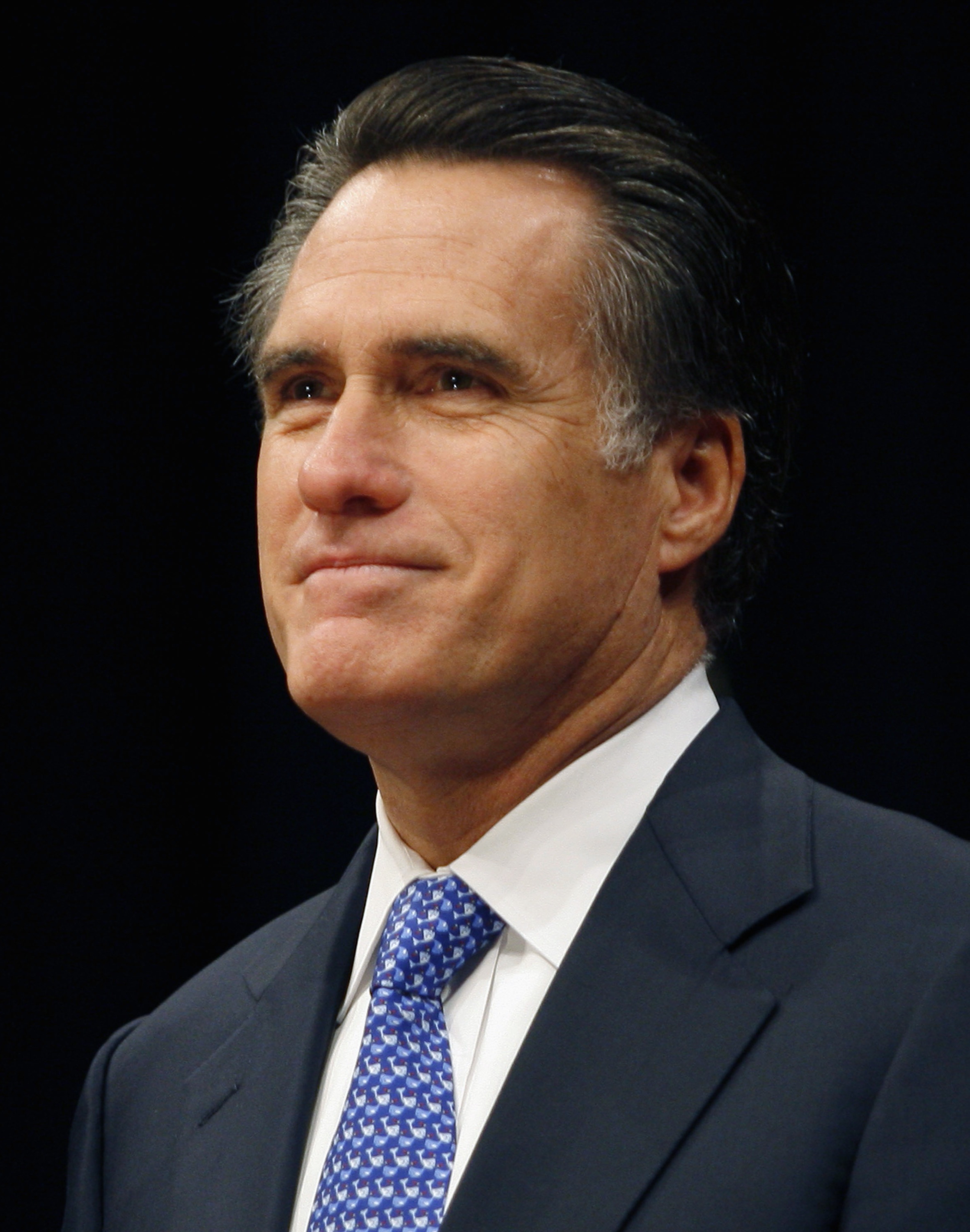Ashcroft and Friends Versus Washington and the
Framers Thesis Proposal for Rhetorical Analysis
Of course I hate the
topic that she is arguing, but Ms. Robin Morgan does an excellent job
of portraying her view on the subject of the founding fathers
and their religious beliefs. She uses actual quotes from the founding
fathers themselves for evidence to support her claim. Because of this
technique, logos is her main rhetoric method.
In
the beginning of her paper though, she writes like the whole nation is about to
perish from this “theocracy” taking over the government and the United States of
America. If it was really that bad, more people would be writing about this
problem. She overdramatizes the problem making her credibility diminish.
Furthermore, this essay was written in 2004. I think she was motivated to write
this piece because George W Bush, a right wing, religious, southerner from the Bible
belt was in office. Ms. Morgan is obviously a feminist and atheist, so of
course she thinks that the president and the government are trying to enforce
religious authority. Because she did not even mention the president or party
that was in office, or her party for that matter, she skillfully attacked the
government’s regime without actually talking about the party that took office.
At
the conclusion, she abruptly cuts it short. After reading tons of quotes from
the Founding fathers, she only has one paragraph to sum up her whole essay. The
reader was left wanting a little more meat near the end of the paper. Ms.
Morgan should have gone in a little more depth with her conclusion, and this undermines
her ethos or credibility as a writer.
When
the author refers to female citizens and Abigail Adams, she cuts down on the
founding fathers because they did not even think of women’s rights. Also,
throughtout the essay, she uses rhetoric that has negative connotation toward the founding
fathers. First of all, even though the founding fathers were not perfect, which
she mentions, they were still our founding fathers. They were the leaders and
makers of our great nation today. They deserve a little more respect than what
they received in her paper. Secondly, if she cuts down the founding fathers
throughout the paper, how are we supposed to believe any quotes that they may
have said? Ms. Morgan destroys the credibility of the founding fathers, but
also uses quotes from them to support her paper. What kind of writer would try
such a tactic?

